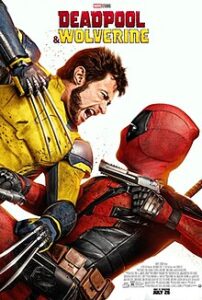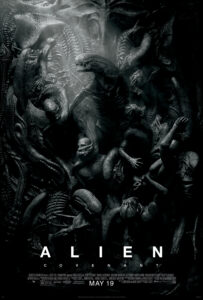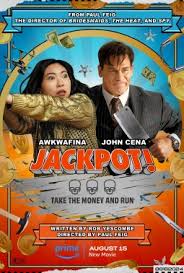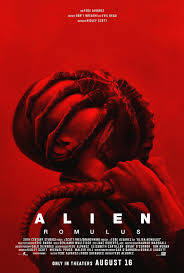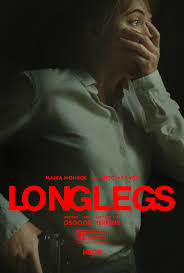.
I had intended to write this yesterday but when you wake in the morning in the midst of a migraine your day is pretty much trash.
Monday, we learned that the talented performer James Earl Jones passed away at 93. With a career and noted performances well before his ascendency to fan stardom as the voice of Darth Vader in Star Wars, Jones was a unique talent.
Jones was also not the person Lucas had in mind when he wanted someone to vocally perform for his space fantasy adventure, his first choice was Orson Welles. Jones proved to be the right choice. His voice was lesser known but nothing in the man’s multidecade history indicates that he was ever difficult to work with. Would Star Wars have reached the same heights with Welles providing the voice? Probably. The nation culturally was ready to turn the page on the cynicism of the 70s and Star Wars provided that new direction and escape, but I do think that Vader would have been lessened with another voice actor.
Vader wasn’t the only character transformed by their vocal performer.
C3PO is famously vocally performed by the character’s suit performer Anthony Daniels but that was not the intention. Daniels had been hired to be the body on set, much as David Prowse had been Darth Vader on set.
Instead of a prissy English butler, C3PO’s conception of a character was closer akin to an untrustworthy used car salesman. Go back and listen to his dialog in the original film and note just how mean and cutting it is. 3PO is not a nice and likeable character as written, but only becoming endearing due to Daniels’ performance. It is my understanding that when they tried to record the lines as originally envisioned, everyone heard the disaster it was, and the role was then given to Daniels.
We often think of voice actors as lesser. That is unfair and probably due to the preponderance of terrible dubbing of foreign language films. In those case the artists are rarely given the time or direction to craft a real performance, a gross disservice.
Voice actors deserve the respect and admiration of the audience, and they are never interchangeable.

